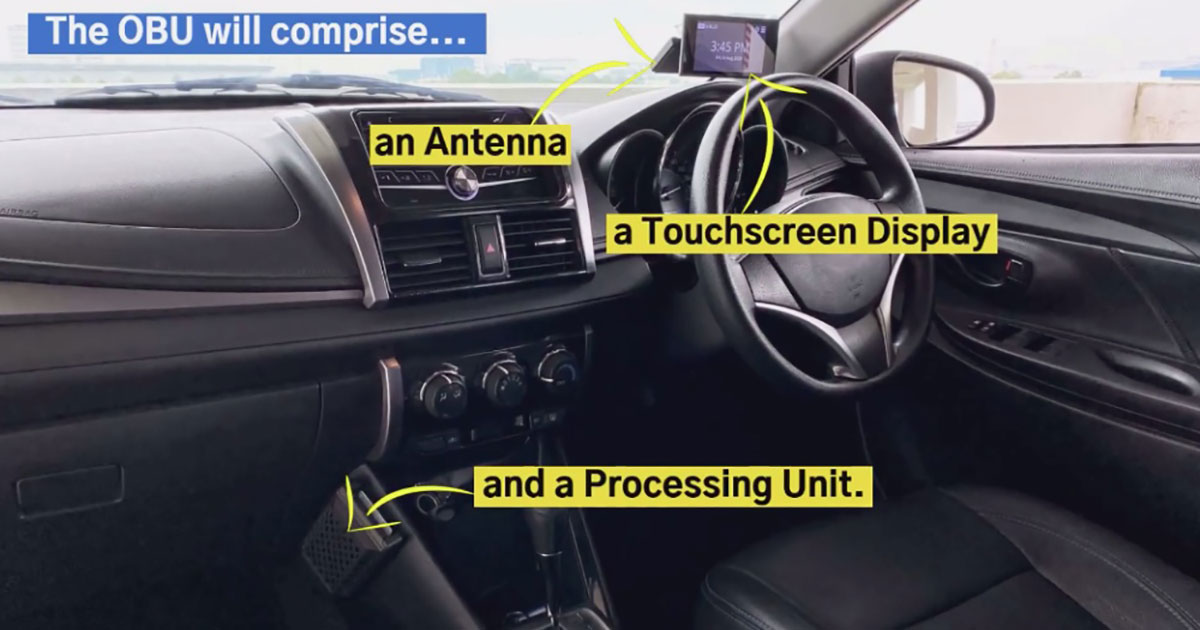Follow us on Telegram for the latest updates: https://t.me/mothershipsg
Motorists in Singapore, you can heave a sigh of relief: The implementation of the next-generation electronic road pricing (ERP) system that supports Global Navigation Satellite System technology is going to be delayed by at least two years till middle of 2023.
Global chip shortages
A joint statement by the Land Transport Authority (LTA), NCS and Mitsubishi Heavy Industries Asia Pacific on Nov. 17 said the installation of the new on-board unit (OBU) will be delayed due to the supply of essential microchips being affected by the worsening global shortage.
Many other industries are also affected, the statement said.
The Covid-19 pandemic has boosted global demand for microchips while affecting their production, following the suspension of operations in major semiconductor foundries across multiple countries.
This has severely impacted the production of electronic devices across multiple sectors, from consumer electronics to industrial machines and automotive.
The production of the OBU has been similarly affected.
Given the uncertainty in the supply chain and in order for installation to commence only when OBU production is stable and sufficient, the installation of new on-board units is now planned to commence in the second half of 2023, instead of end-2021, LTA said.
This is also to ensure a smooth and uninterrupted installation exercise for all motorists.
What is the new on-board unit?
The first OBU will be installed free of charge for existing Singapore-registered vehicles.
The new vehicle OBU has been touted as being able to provide value-added services for motorists, such as advance alerts on charging locations and real-time traffic information.
However, the parts for the new OBU need to be sourced from different suppliers and a few have indicated that they have been unable to meet the required delivery schedules for critical components, the statement said.
This shortage is expected to persist through 2022 and the recovery in microchip production is expected to be gradual, from end-2022 to mid-2023.
LTA will monitor the impact of Covid-19 on the OBU installation timeline, and the current ERP system will continue to operate until the nexgen ERP is implemented.
New system is a technological refresh
LTA is working closely with its contractors NCS and Mitsubishi Heavy Industries Asia Pacific to commence OBU production and prepare for the OBU installation.
LTA awarded the contract for developing the nexgen ERP system to the consortium with these two firms in 2016.
The nexgen ERP will be a technological refresh of the current physical gantry-based ERP system, which was introduced more than 20 years ago in 1998 and is increasingly more expensive to maintain.
Leveraging Global Navigation Satellite System, the new system will be a more feature-rich system, going beyond congestion charging to also improve traffic management and transport planning.
Top photo via LTA
Follow and listen to our podcast here
If you like what you read, follow us on Facebook, Instagram, Twitter and Telegram to get the latest updates.
